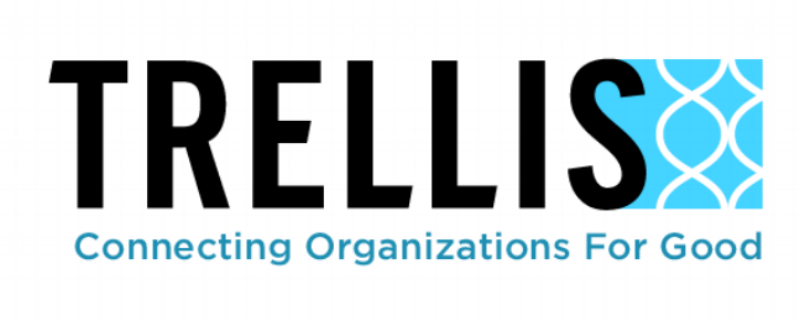Community Organizing-- Voting and People's First Language
Finding a group or someone to advocate for you and your community can sometimes be a long and hard process. Every community deserves someone or a group to advocate for them, the majority of our communities are left unrepresented. Some students recently learnt about such advocacy and person-first language. After discussing such topics in a zoom meeting, some members of the crew expressed their thoughts.
During this zoom call we talked about voting and people's first language. People's first language is a type of language distinction which puts a person before a diagnosis, describing what a person has rather than asserting what a person is. It is intended to avoid marginalization or dehumanization when discussing people with a chronic illness or disability. Now it's used for those who have been incarcerated. We also talked about advocacy. Advocacy is public support for or recommendation of a particular cause or policy. Then we talk about community organizing. Community organizing is a process where people who live close to each other come together into an organization that acts in their shared self interest. We then talked about faith-based community organizing. We then started to watch a video about people's first language testimony. The video basically talked about not discriminating against people with disability or people with a felon. During the video there was someone who had a felon and then she always had a positive mindset and she chose never to give up. I really like that. We then start to watch a video (revolt TV voting panel). During the video it talks about the problem with the election and the problem in our society. They also talk about why it is important to vote. We had people on the Democrat and Republican side speak about their ideas and the problems that are going on in the country. This was very interesting to watch because both sides had compelling arguments.
—Gabriel Moreau
This meeting was about social change and key terms such as People first language, Advocacy and community organizing. Community organizing involves things like marches and rallies. In people's first language we watched a video of a former felon talking about her experience and how people should change the way they address and discuss people. Another lady talked about how her son's father was incarcerated and how hard it was for him when he came home from prison. We also talked about faith based advocacy which is a type of advocacy that hosts a faith. We were also asked to do work with community mobilization. We then watched a video where they talked about politics and about converting cultural power to political power. They also started talking about oppression and standing up for young people. There were also speeches on black political history in America, they also talked about statistics and how black children who don’t grow up with their fathers are more likely to end up in prison and are also more likely to end up in jail than black families who do have fathers in their lives. I could also relate this to a book called The five forms of oppression which are also referred to as classes of domination. These five are racism, sexism, ageism, homophobia and feminism. According to page 40 “ Oppression refers to a structural phenomenon that immobilizes or diminishes a group .” I believe that all of the groups affected by this are oppressed and there are many social groups who fight to change that .
—Raphael Moreau

